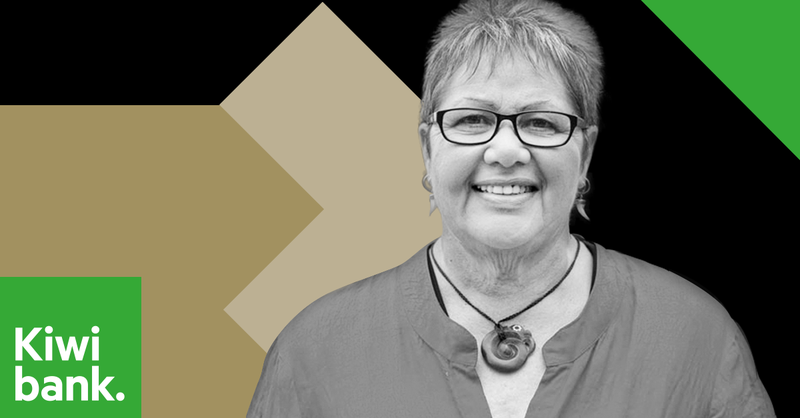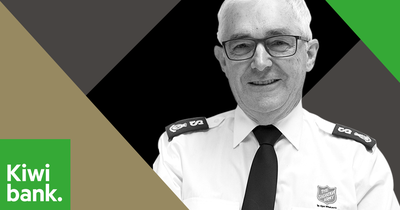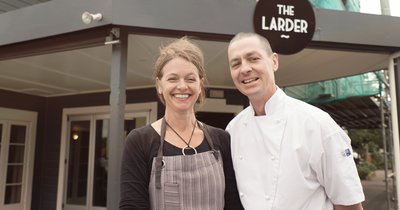Associate Professor Mere Berryman is on a mission to change New Zealand society for the better, starting in our classrooms. Mere, a finalist for Kiwibank New Zealander of the Year, is one of the country’s leading advocates for making our education system more responsive to Māori students.
Associate Professor Mere Berryman has first-hand experience of the struggles of Māori to achieve in New Zealand schools. She says she can still hear the voice of one of her primary schoolteachers “speaking to me and my brothers in one way and non-Māori students in another”.
At high school, where Mere was one of only two or three Māori students, she began to wonder why Māori were perceived differently by their teachers and classmates.
“To succeed at school, I had to leave my culture at the school gate. It was not safe to be Māori,” says Mere, who is of Tūhoe descent.
“I remember there was a boy who hated to be beaten in exams, and when I beat him he said to me, ‘You must have cheated.’ That spurred me on to become a teacher.”
Those Māori who did excel at school weren’t always accepted by other Māori. Mere’s Māori cousins called her ariwai, or potato: brown on the outside, white on the inside.
For more than 20 years in the classroom and almost as long as a researcher, Mere has been one of the country’s leading advocates for incorporating Māori culture and values into schools.
Now a finalist for the Kiwibank New Zealander of the Year Award, Mere says we have inherited an education system that, for 150 years, educated Māori boys to become labourers and Māori girls to become mothers.
“There is no quick fix, and we have to bring the hearts and minds of the country with us. But the Treaty of Waitangi gives us a mandate to make the changes we need to make to create a more socially just country,” she says.
After leaving the classroom, Mere spent 15 years as researcher and manager of the Ministry of Education’s Poutama Pounamu Education Research and Development Centre in Tauranga.

Mere then became a senior research fellow at the University of Waikato, where she and a group of colleagues developed Te Kotahitanga, a programme to help secondary school teachers work more effectively with Māori students and their families.
Mere is now working on Kia Eke Panuku: Building on Success, a professional development school reform initiative operating in 94 secondary schools around the country. The programme aims to support Māori students to fulfil their potential.
While there have been many attempts to lift Māori achievement, including introducing more Māori teachers and more Māori-speaking teachers, Mere says students have often seen these initiatives as tokenism.
Mere says her work with teachers has tried to disrupt the belief that Māori are the problem, and show them it’s possible to teach in a way that recognises the voices and experiences of their Māori students.
While Mere has always been persistent– “my mother used to call me tenacious but my father, who was more straightforward, just called me stubborn” - she says it is the support of her colleagues that has kept her focused on her goal.
“I see myself as part of a group of people working to fix historic injustices. It has never been easy, but it is the belief of the people who walk alongside me that keeps me going.”


